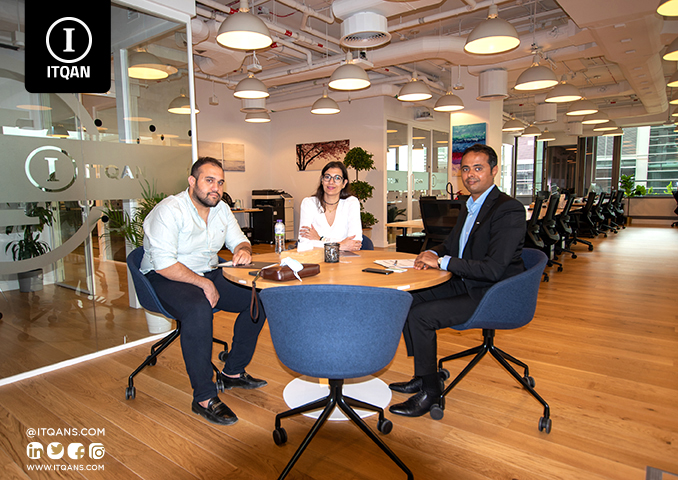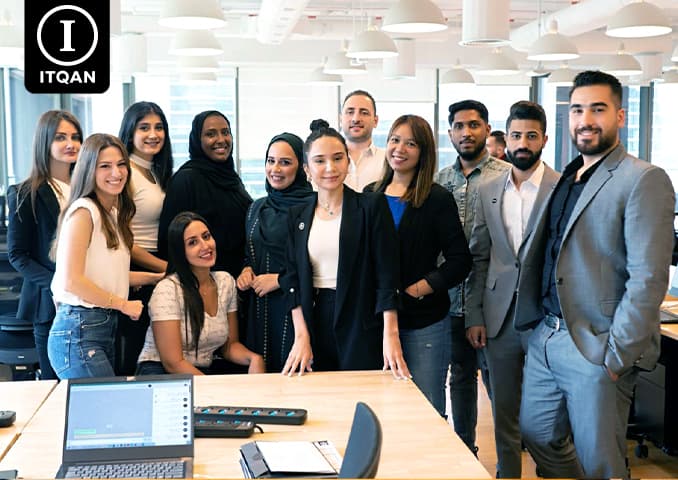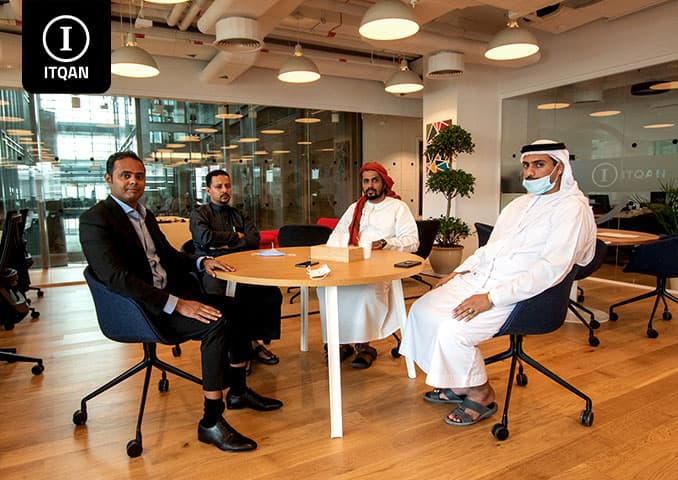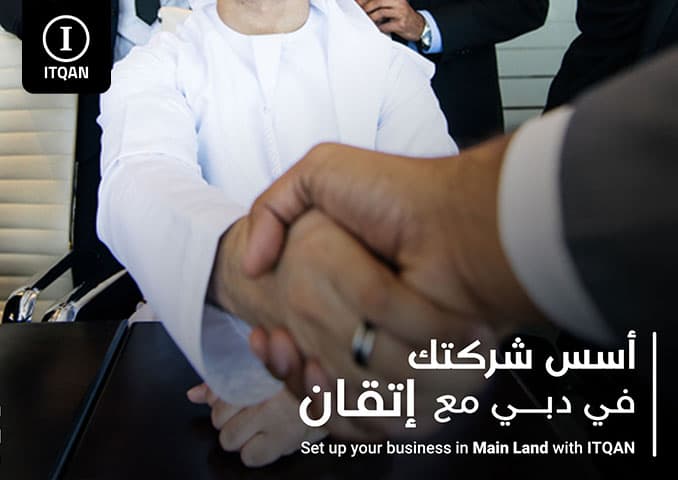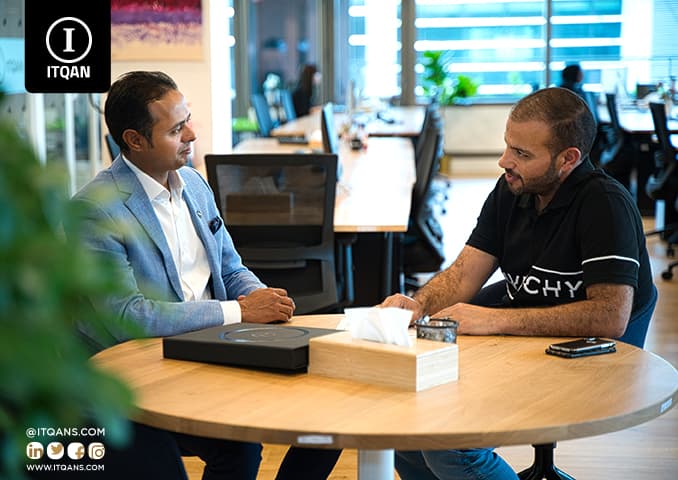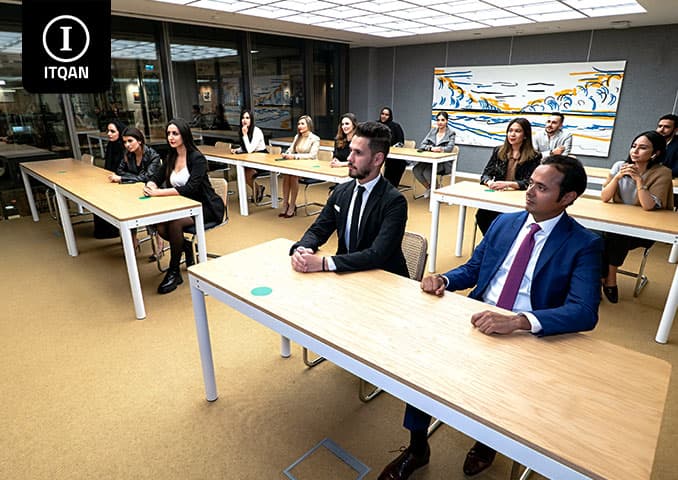Dubai is one of the world’s most prominent investment destinations, thanks to its strategic location, advanced infrastructure, and flexible economic environment. One of the investment opportunities that attracts the attention of both foreign and local investors is establishing a company in a free zone in Dubai. Dubai’s free zones offer unique competitive advantages that make them the ideal choice for investors looking to benefit from an advanced business environment free from the restrictions they may encounter in other markets.
Establishing a company in a free zone in Dubai offers investors many advantages, most notably 100% ownership of the company without the need for a local partner, in addition to multiple tax exemptions, including no personal or corporate income taxes for periods of time that may extend to decades. Free zones also allow the full transfer of profits and capital without restrictions, which enhances the flexibility of business management and encourages the flow of foreign investment.
Dubai’s free zones are distinguished by their diversity and specialization, as each zone is designed to meet the needs of specific sectors such as information technology, media, e-commerce, and logistics. This diversity allows investors to choose the environment that best suits the nature of their business and make the most of the facilities offered by each area. In addition, Dubai’s free zones offer simplified and fast incorporation procedures, making starting a business easy and straightforward. In short, establishing a company in a Dubai free zone is an attractive and profitable investment option, as it provides investors with a favorable business environment and multiple investment incentives, which enhances the chances of growth and success in the local and international market.
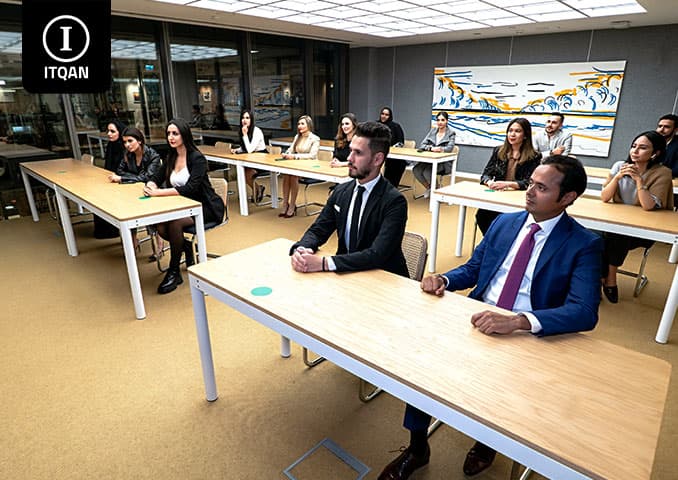
جدول المحتوى
ToggleWhat is a free zone?
The term free zone has different meanings and definitions depending on the type of free zone, but in most cases, the term free zone refers to a geographical area where goods are kept, stored, manufactured, traded and re-exported according to a known and specific customs system, but they are not subject to any customs duties.
The term free zones is also considered to be entities completely separate from the laws of the state, as they are not governed by the laws of trade in the state and do not require a sponsor. In addition, the company established in the free zone can be owned by a person of another nationality without the need for a partner from the UAE citizens.
Free zones in Dubai and the UAE in general are not subject to the general laws set by the Ministry of Economy to regulate the commercial activities of companies, as this free zone in Dubai works to provide freedom of ownership for commercial businesses, in addition to tax exemption and exemption from any customs duties. These advantages in the free zones make them an ideal and honorable front for international companies that carry out many commercial activities. Among the advantages is that opening and establishing a company in Dubai and in the free zone does not require a partner or sponsor who is a UAE citizen.
Steps to establish a company in the free zone in Dubai
Establishing a company in a free zone in Dubai requires following specific procedures. Here are the general steps to establish a company in a free zone in Dubai:
Choosing the type of company: Before starting, you must determine the type of company you want to establish, such as a limited company or a joint stock company.
Choosing the free zone: Identify the free zone in Dubai that suits your company’s activity and investment needs.
Determining names and activities: Find a unique name for your company and identify its potential commercial activities.
Obtaining a company license: You may need to apply for and obtain a company establishment license from the selected free zone authority.
Determining partners and shareholders: Identify the company’s partners and their shares in the capital.
Issuing Legal Documents: Issue the legal documents required to establish the company, such as the Articles of Association and the Company Incorporation Agreement.
Opening a Bank Account: Open a bank account in the name of the company and deposit the required capital.
Obtaining Work Permits: Obtain the necessary permits from the local authorities to start operating.
Work Visas: Submit work visa applications for foreign employees and managers if required.
Tax Registration: Register the company for taxes in Dubai and comply with local tax legislation.
Insurance: Obtain the necessary insurances for the company and employees.
Cost of establishing a company in the Dubai Free Zone
The cost of establishing a company in the Dubai Free Zone varies based on several factors, making it difficult to determine a fixed cost. However, the cost can be divided into several basic aspects:
License fees: Licensing fees are one of the largest components of the cost of establishing a company. These fees vary depending on the type of business you wish to practice and the free zone you choose.
Office space costs: Companies in the free zones are required to rent office space or virtual offices. The rental cost depends on the location, size of the office, and the services provided in the free zone.
Company registration fees: There are fees associated with registering a company in the free zone, and these fees vary depending on the type of company (sole proprietorship, limited liability company, branch of a foreign company, etc.).
Visa costs: When establishing a company in the free zone, the company can obtain visas for investors and employees. The cost of visas depends on the number of visas required and the location you choose in the free zone.
Annual renewal fees: After establishing the company, there are annual renewal fees related to the activity license and office space, in addition to the costs associated with visas and guarantees.
Document Preparation Cost: Establishing a company requires the preparation of several legal documents, including the articles of association and memorandum of association. You may need to hire a lawyer or legal consultant to prepare these documents, which increases the overall cost.
Additional Services: Some free zones offer additional services such as administrative support, marketing services, and warehousing and logistics services. The cost of these services depends on your company’s requirements and specific needs.
Cost of Opening a Bank Account: Opening a bank account for the company sometimes requires complex procedures, and there may be additional costs associated with opening and managing the account.
Advantages of Establishing a Company in a Free Zone in Dubai
Establishing a company in a free zone in Dubai offers many unique advantages that make it an ideal choice for local and international investors. These advantages include:
Full Foreign Ownership (100%): Foreign investors can own the company entirely without the need for a local partner, unlike the local market where an Emirati partner may be required in some cases.
Tax Exemptions: Companies in free zones enjoy full exemption from corporate and personal income taxes for long periods of up to 50 years, with the possibility of renewing this period. In addition, VAT is not imposed in most free zones.
Freedom to transfer profits and capital: Investors enjoy complete freedom to transfer profits and capital outside the UAE without currency or monetary restrictions, facilitating the flow of financial liquidity internationally.
Easy and fast incorporation procedures: Establishing companies in free zones is very flexible and quick compared to the local market. Government agencies in the free zones provide comprehensive support to facilitate the establishment of companies and manage operations.
Multiple specializations: Each free zone in Dubai specializes in specific areas such as technology, media, trade, and logistics, allowing companies to benefit from a dedicated environment for their activities and enhance their business networks.
Exemption from customs duties: Companies operating within the free zones benefit from a complete exemption from customs duties on imported and exported goods.
Advanced infrastructure: Dubai’s free zones provide advanced facilities including modern offices, warehouses, and logistics centers equipped with the latest technologies, which enhances the efficiency of business operations.
Residence for investors and employees: Establishing a company in a free zone allows investors to obtain a Dubai residence visa for themselves and their families, in addition to visas for employees working in the company.
International Business Environment: Dubai’s free zones are home to major global companies and startups from a variety of sectors, providing an international business environment and great opportunities for collaboration and expansion. Flexibility in choosing the type of business activity: Investors can engage in a wide range of commercial, industrial and service activities, with great flexibility in adjusting the activity according to market needs and company orientations.
In conclusion, establishing a company in a Dubai free zone is a strategic step towards achieving commercial success and benefiting from the investment opportunities offered by the emirate. Thanks to supportive government policies and advanced infrastructure, Dubai’s free zones have become one of the best destinations for both local and international investors. These areas offer unique advantages such as full foreign ownership, tax exemptions, and the freedom to transfer profits abroad, making them an ideal environment for growing businesses without major administrative or financial obstacles.
In addition, Dubai’s free zones offer great flexibility in choosing the type and structure of the company, allowing investors to tailor their projects to the nature of their business and needs. Each free zone in Dubai specializes in specific sectors such as technology, media, and logistics, allowing companies to enter specific markets and expand their business quickly and efficiently.
The government in Dubai continues to develop laws and regulations to provide an attractive and flexible investment environment that keeps pace with global transformations and meets the needs of investors. This continued interest in making Dubai a global hub for trade and investment contributes to attracting more global companies and startups to the free zones.
In short, establishing a company in one of Dubai’s free zones gives investors a golden opportunity to benefit from a rapidly growing economy and expand their business internationally. With the many advantages it offers, investors can count on Dubai as an ideal platform to achieve their business goals and enhance their presence in the global market. This step is not just a financial investment, but an investment in a sustainable future and continuous growth.
The most important frequently asked questions about establishing a company in a free zone
What are the types of companies that can be established in free zones?
There are several types of companies that can be established, such as: a limited liability company (FZ-LLC), a branch of a foreign or local company, and a sole proprietorship. The choice of type depends on the nature of the activity and the size of the investment.
What are the legal requirements for establishing a company in a free zone?
General requirements include submitting the following documents: passports for shareholders and directors, a business plan, a company’s articles of association, and choosing the business activity. You may need to submit additional documents depending on the type of activity and location.
How much does it cost to establish a company in a free zone?
Costs vary based on the type of company, the size of the business, and the selected free zone. Costs include licensing fees, rents, and registration fees. These costs may vary from one free zone to another depending on the services provided.
Can I work outside the free zone after incorporation?
Companies registered in the free zones are limited to practicing their activities within the free zone or internationally. To practice the activity within the local UAE market, the company needs a local partner or open a branch outside the free zone.




